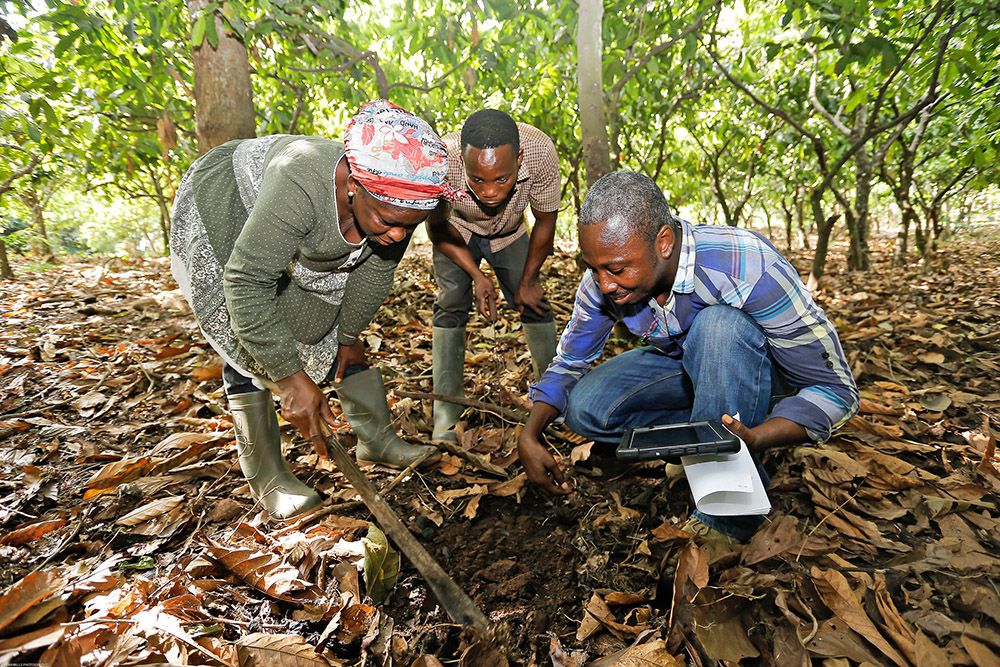The Rainforest Alliance Certification Program is a sustainability assurance system that helps drive positive change in agriculture and supply chains. It aims to improve livelihoods, advance human rights, and protect biodiversity.

Certification Solutions
The certification program is part of the Rainforest Alliance’s strategy to drive sustainability at scale in the sectors in which we operate through interconnected interventions supporting certification, tailored supply chain services, landscapes and communities, and advocacy.